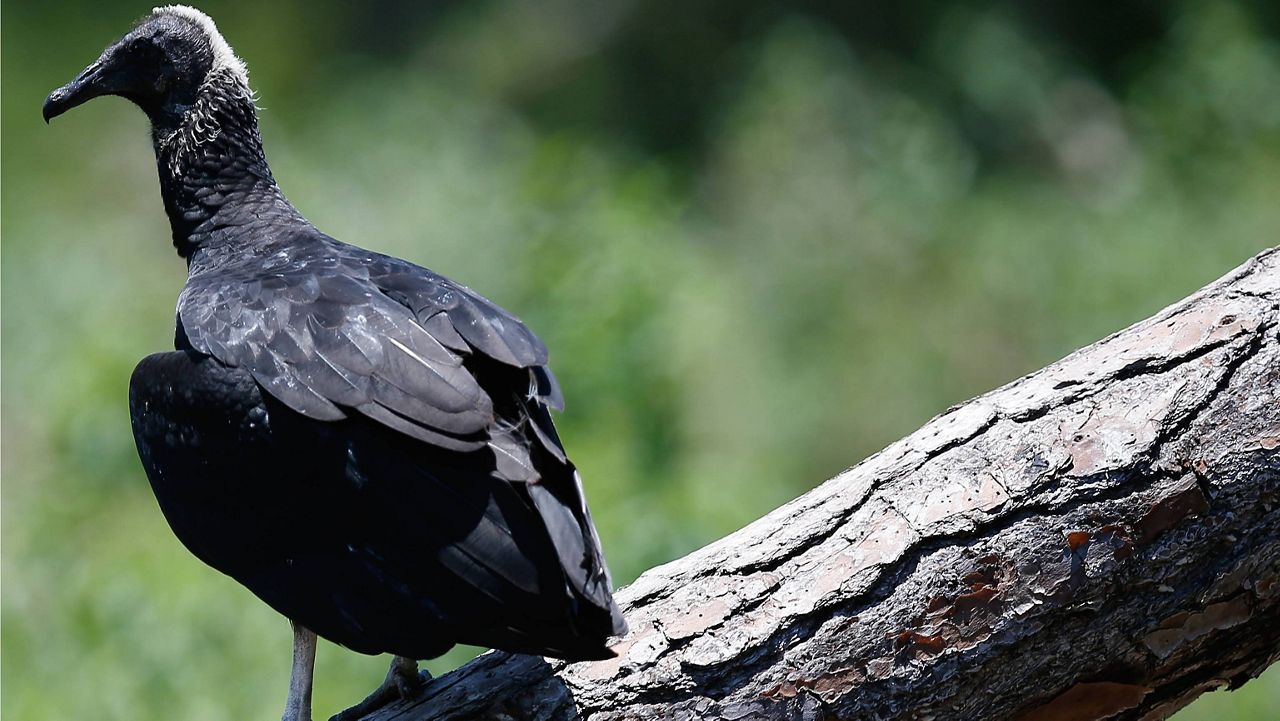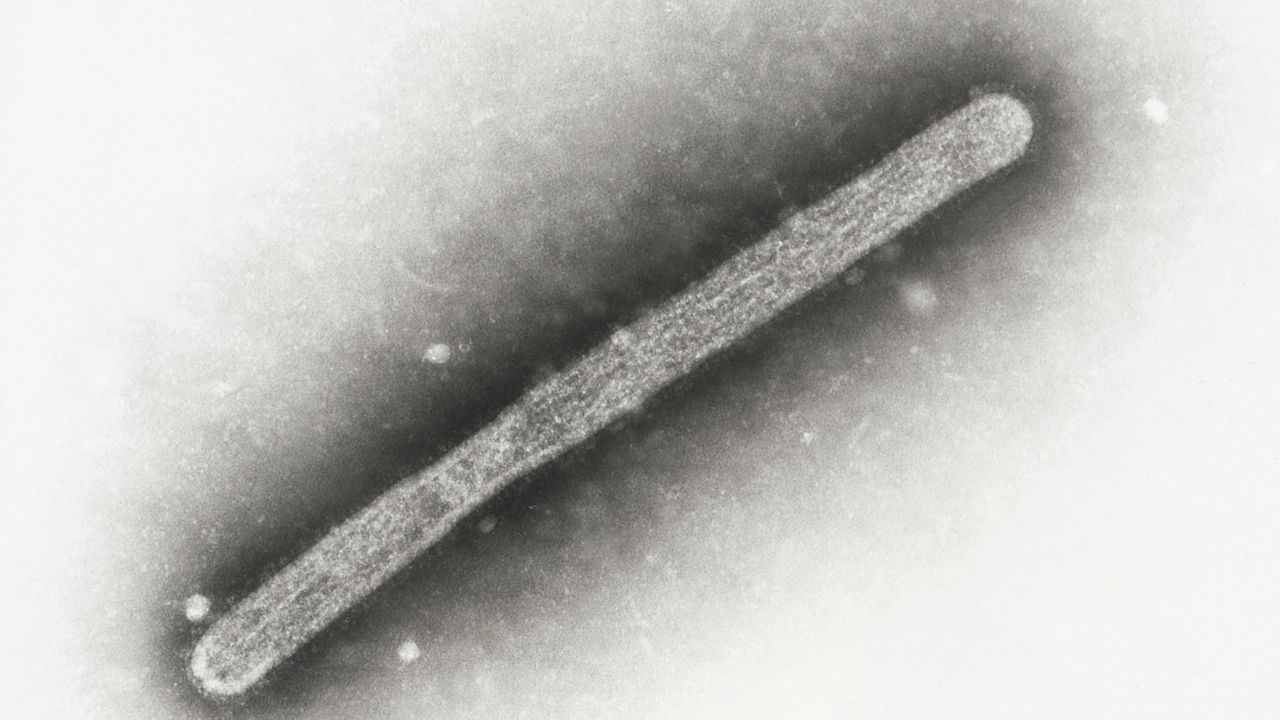NEW BRAUNFELS, Texas — Multiple wild birds found at one of New Braunfels’ most notable parks have tested positive for Highly Pathogenic Avian Influenza (HPAI), otherwise known as bird flu.
The Texas Parks and Wildlife Department announced Wednesday that multiple black vultures recovered at Landa Park had died of bird flu, as the virus has rapidly spread in commercial poultry and wild birds across the country.
Disease experts told the state wildlife department that HPAI is circulating among wild birds in Texas because of the migration of waterbirds and waterfowl for the winter.
The most recent widespread detections of infected birds were in Amarillo, El Paso, Galveston, Harris, Lubbock, Potter, Travis and Wharton counties. The case in Travis County was amongst ducks at an outdoor shopping center in Austin.
The virus has been seen in both wild and domestic birds in all 50 states, and it has even spread to some humans in direct contact with infected birds. There have also been cases of wild mammals and domestic cats contracting the virus.
According to the Centers for Disease Control and Prevention (CDC), there have been 68 confirmed cases of people with the H5N1 bird flu and one death–a 65-year-old person in Louisiana with underlying medical conditions.
Only one confirmed case of H5N1 has been reported in Texas, and that person was exposed to the virus through an infected dairy cattle herd in a commercial agriculture operation, according to the CDC’s website.
The CDC says the current public health risk of bird flu is low and there has been no person-to-person spread of the virus.
The Texas Parks and Wildlife Department gave a few recommendations to limit the spread of the virus:
- Limit unnecessary contact with wild birds
- Take down all bird feeders and bird baths or be sure to clean them several times each week with a bleach solution
- Do not handle any sick or dead wildlife or allow pets to eat wild carcasses










